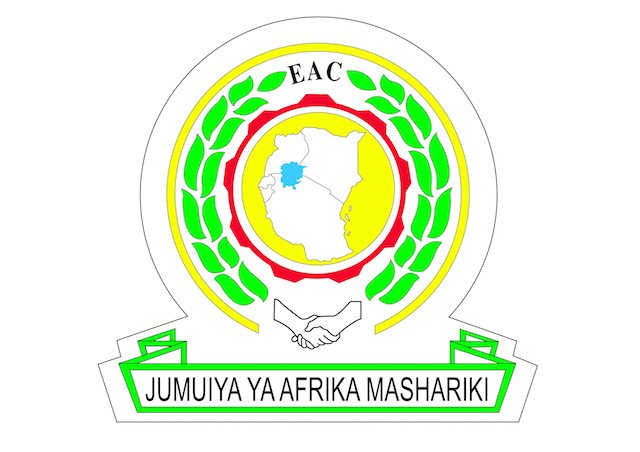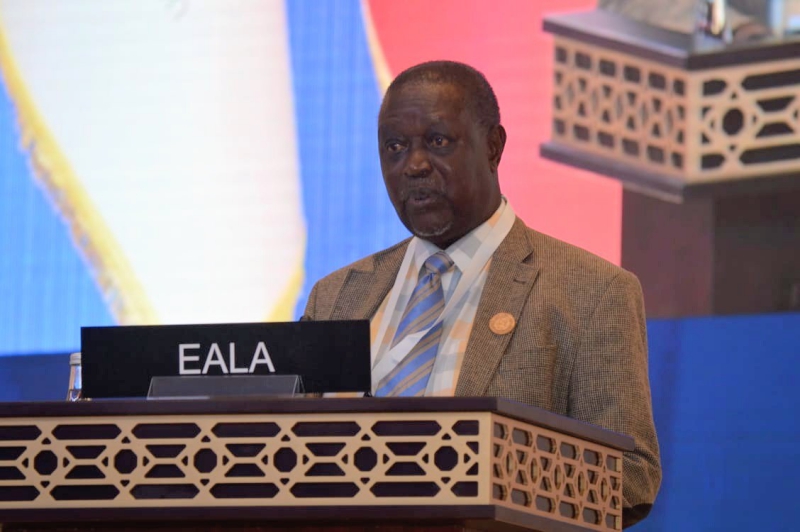
EALA resumes sitting in Arusha
East African Legislative Assembly, Arusha, 29 April, 2019: The 5th Meeting of the 2nd Session of EALA commences this morning (April 29th, 2019) in Arusha, Tanzania, and runs through to May 18th, 2019.
Key items during the three-week Sitting include the debate on the East African Community Youth Council Bill, 2017 and the Report of the Committee on consideration and review of the Accounts Report for the Financial Year ended June 30th, 2017. Also, to be tabled and debated in the House is a key report of the Committee of Agriculture, Tourism and Natural Resources on oversight with stakeholders for Budgetary enhancement in the Agricultural sector, an activity which took place in March this year.
The object of the EAC Youth Council Bill, 2017, is to provide a legal framework for the harmonization of laws and policies regarding the youth in the Community. This Bill is premised on Article 120 of the Treaty for the Establishment of the EAC and in particular seeks to implement the EAC Youth Policy, 2014, which is an integral component of the 4th Development Strategy.
The Development Strategy identifies among other things; the strengthening and promotion of policies, laws and programmes that focus on the development of youth in the Community. Last month, EALA held public hearings in the Partner States to concretize the inputs and views of youth among other stakeholders on the Bill. The report of the Committee on Accounts on its part, was debated but not adopted when the Assembly met in Arusha on November 6th, 2018.
Instead, the House asked the Committee on Accounts chaired by Hon Dr Ngwaru Maghembe, to revise the recommendations contained therein the report to make it more time bound and actionable. The House is expected to receive an update on the matter.
Other significant issues at the forthcoming Plenary are key meetings of all Committees of the House. Coming up for consideration the entire first week are a number of issues to be deliberated on at Committee level. The six Committees are:
- the Committee on Accounts,
- the Committee on Agriculture, Tourism and Natural Resources,
- the Committee on General Purpose,
- the Committee on Regional Affairs and Conflict Resolution,
- the Committee on Communication, Trade and Investment, and
- the Committee on Legal Rules and Privileges.
The whole House will also meet with a number of stakeholders. A sensitization workshop on Tripartite Transport and Transit facilitation programme (TTTFP) is planned to apprise the House of progress in the transport and infrastructure sector. The objective of the programme anchored under the EAC, Southern African Development Community (SADC) and the Common Market for Eastern and Southern Africa (COMESA) Tripartite, is to facilitate the development of a more competitive, integrated and liberalized road transport are in the process of developing common standards.
Already, the initiative has carried out baseline studies in 19 participating Member States (including the EAC Partner States) and the workshop is anticipated as an avenue to unpack the TTTFP legal instruments of the proposed Vehicle Load Management Agreement as well as developed model laws and other standards. Already, the One Stop Border Post Control Bill, enacted by EALA is enforce.
The African Forum and Network on Debt and Development (AFRODAD) will also hold a session with the Assembly on Illicit Financial Flows and Sovereign debt crisis – in the context of Africa in general and East Africa, in particular. In addition, the Executive Secretary and senior officials of the Lake Victoria Basin Commission (LVBC) will hold an interactive session with the House.
The Assembly which holds six Plenary Sessions in every Financial Year, has a principle of rotation. The last sitting (4th Meeting) was held in the isles of Zanzibar on February 16th, 2019 to March 9th, 2019.
- ENDS -
For more information, please contact:
Bobi Odiko
Senior Public Relations Officer
East African Legislative Assembly
Arusha, Tanzania
Tel: +255-27-2508240
Fax: +255-27-2503103
Cell: +255-787-870945, +254-733-718036
Email: BOdiko [at] eachq.org
Web: www.eala.org
About the East African Legislative Assembly:
The East African Legislative Assembly is the Legislative Organ of the East African Community. Its Membership consists of a total of 62, of whom 54 are elected Members (9 from each Partner State) and eight ex-officio members (the Ministers responsible for EAC Affairs from the Partner States, the Secretary General of the Community and the Counsel to the Community).
The East African Legislative Assembly has legislative functions as well as oversight of all East African Community matters. The enactment of legislation of the Community is put in effect by means of Bills passed by the Assembly and assented to by the Heads of State, and every Bill that has been duly passed and assented to become an Act of the Community and takes precedent over similar legislations in the Partner States. EALA has to date passed 79 pieces of legislation.

